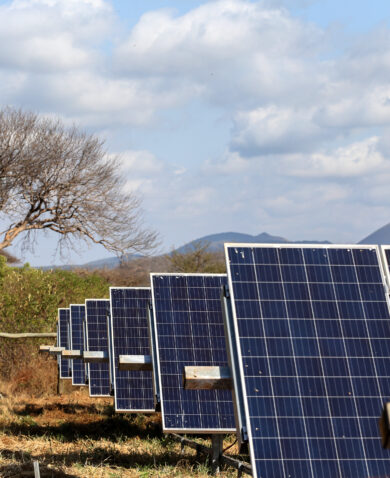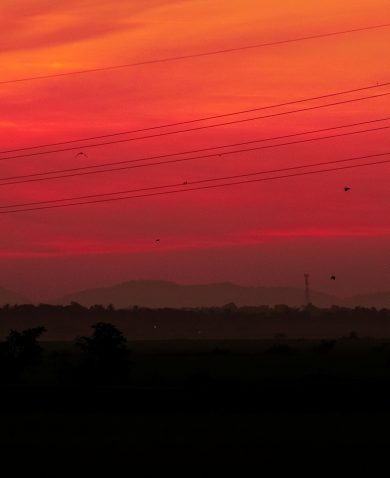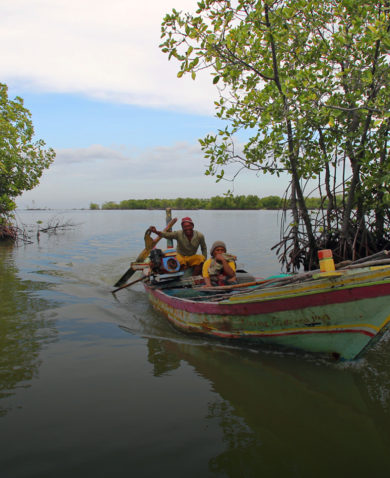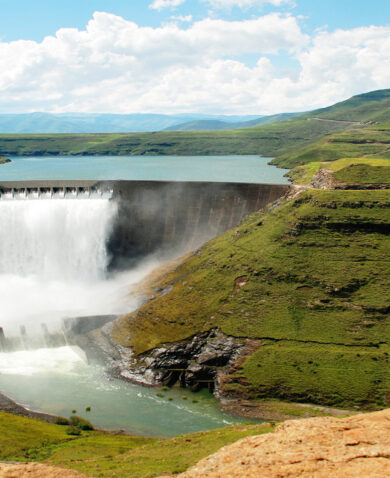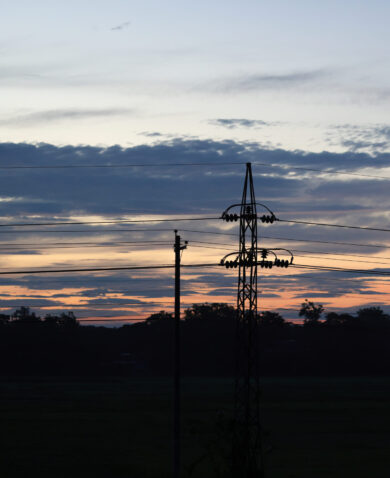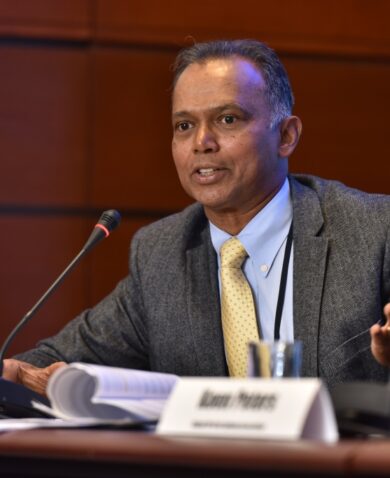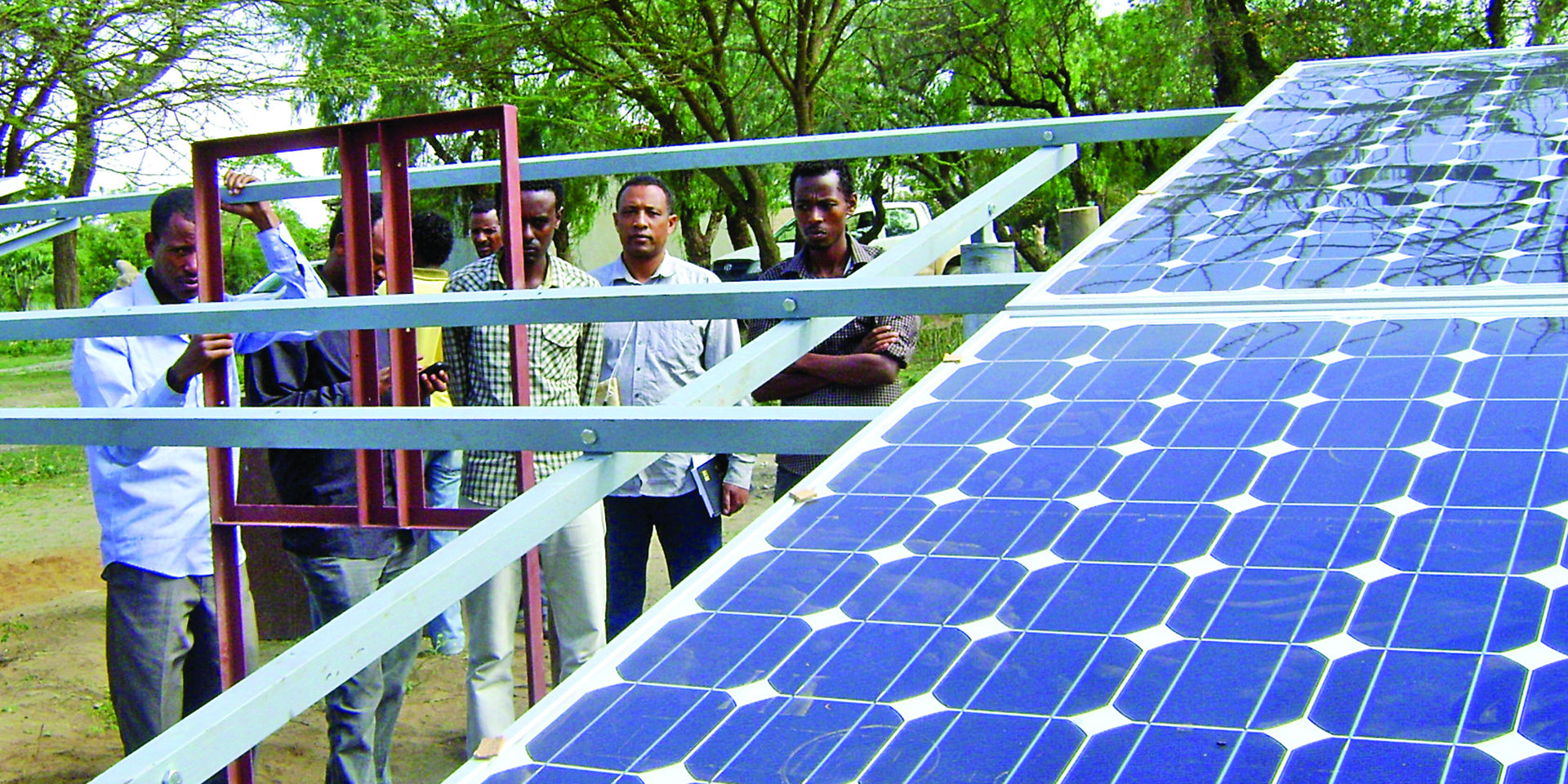
Chemonics News
News: Elevating Africa’s Power Sector: Chemonics at the Energy Africa Conference
November 7, 2017 | < 1 Minute ReadOn November 9 and 10, Chemonics attends the 10th annual Energy Africa Conference to explore opportunities and challenges in Africa's power sector.
Two out of three people in sub-Saharan Africa lack access to electricity. As Africa’s population, economy, and demand for energy grow, so does the need for reliable and resilient energy systems. During the 2017 Energy Africa Conference on November 9 and 10, Chemonics joins global stakeholders in Denver, Colorado, to discuss the path to clean energy solutions across the continent. Under the theme “Delivering Clean Solutions to Africa’s Energy Challenges,” conference attendees are inspired to think bigger and more broadly about the synergy between natural gas and renewable energy sources.
The conference convenes organizations and firms from around the world to explore energy development, knowledge and human capital development, and energy project finance in Africa. As a conference sponsor, Chemonics looks forward to sharing its experience developing equitable and sustainable energy services that scale through innovative planning tools, capacity building, and policy and regulatory reform.
Mike Ashford, director of Chemonics’ Water, Energy, and Sustainable Cities practice, will moderate a panel on the current energy landscape in Africa on November 9 at 8:45 a.m. MT (10:45 a.m. ET). This panel will highlight challenges and issues in the power sector and dive into potential solutions, such as power pools.
“Chemonics supports energy sector growth and reform in developing countries around the world,” Mr. Ashford explained. “The annual Energy Africa Conference is a valuable space because it gives us all a chance to decompress, discuss key issues, and share our knowledge and ideas more collaboratively and less competitively. We are all working toward the same goals at the Energy Africa Conference: expanding the horizons of Africa’s power sector development by advancing public-private partnerships, investment, and policy reform.”


